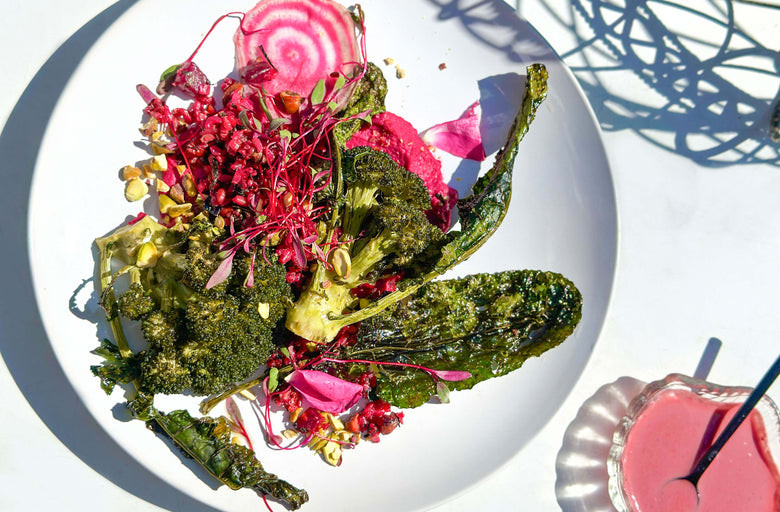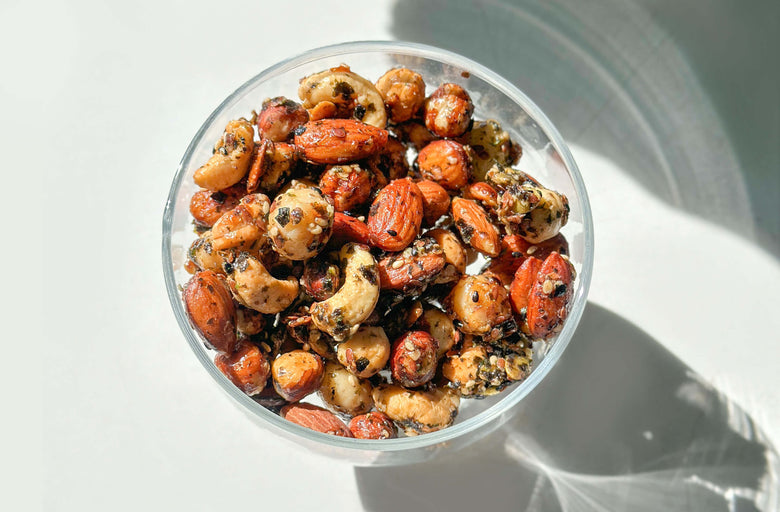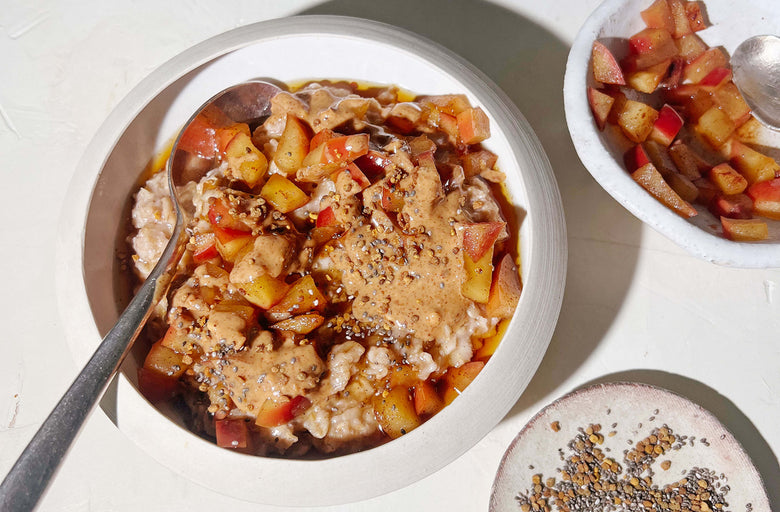I remember the first time someone made a comment about my weight. It was the first day of seventh grade and a girl the year above me passed in the hallway. Doing a double-take, she said...
“Wow, Gabby, you look GOOD!”
Naturally, that was just what my 13-year-old self had dreamt of hearing. Now I realize, there was something about the way she said it, putting a little too much emphasis on the o’s in GOOD that made it clear she wasn’t referring to my outfit or the shiny, new braces on my teeth. And it wasn’t the last comment I got that year about my body: exclamations about how different I looked, long gazes, compliments, questions on whether I spent the summer dieting.
The truth was, I hadn’t spent the summer doing anything differently. I was 13 and I did what any girl that age would do: I went to camp. I played outside, I spent endless hours on the beach and had countless ice cream cones. But somewhere in between those hot days and long nights, my body decided to grow, shedding the baby weight I had carried around for years, and that simple, metabolic change seemed to take on new meaning when I showed up for the first day of school.
That day was also the start of a complicated relationship I would have with food and my body for years to come. It became crystal clear to me over the next decade that the skinnier I got, the more people would notice me. More than that, I began to connect the size of my jeans to what people would decide I was worth. Sure, the people closest to me could acknowledge my efforts for succeeding on the field and in class, and later at work, as a wife, and a new mom, but this was different. This was something that told the world to pay attention to me, talk to me, acknowledge that I’m here and that it’s okay for me to be here. To be honest, I wasn’t exactly sure, and am still not exactly sure what that measuring stick was (The number on the scale? The six-pack abs? The self-discipline I could proudly brag about to people after restricting myself for weeks on end?). I was convinced that if it mattered so much to everyone around me, then it mattered just as much, if not more, to me.
I spent the next 20 years of my life dieting, strapped to a never-ending rollercoaster of restriction, guilt, suffering, disappointment, and, yes, at times, reward. I ate 100 percent raw, I ate low fat, I ate high fat, I replaced meals with every type of protein-packed bar or shake I could find. Once a year, for eight consecutive years, I did the Master Cleanse, hiding from the world behind bottle after bottle of lemon, maple syrup, and cayenne pepper. Most of these diets worked in the sense that the number on the scale changed and my pants loosened up to the point where I might hear the long, dragged-out o’s of the “You look GOOD” at work or out with friends. For a fleeting moment, I would feel seen, validated, important. I was worthy again.
But none of them worked ultimately because none of it stuck. After each and every week of counting, controlling, manipulating, and usually starving, I would shift back into normal life: breakfasts on the go, afternoon snacks, after-work drinks, and dinners out. Before I knew it, I’d be back where I started, the scale flashing the number I now detested so deeply, my stomach bulging over the top of the jeans I’d bought a size too small as a challenge, my face flushed and swollen and staring back at me with a sunken look of despair I couldn’t shake. I not only felt unseen again; I didn’t want to be seen because I was embarrassed by myself, by my fluctuating weight, and by what my lack of self-control was broadcasting to the world about me as a person.
“Food is not the enemy, but the fuel that my body needs to build a body I love living in.”
One Monday morning, I was stressing about how much I had indulged over the weekend and how few days were left before my husband and I were escaping to a tropical beach. A friend told me about Sakara a few weeks prior and her description of the program intrigued me (‘I honestly feel better than I have in years!’, she chirped as she dipped a huge piece of bread in olive oil), so I figured why not. It couldn’t be worse than the other diets I had endured before.
Week one on Sakara had its ups and downs. I was eating more real, bright, whole foods in a day than I probably had in a decade, and they were more delicious than I thought possible. My body, taste buds, and mind were genuinely confused by the fact that I was supposedly “dieting” while enjoying breakfast muffins, beet burgers, and zucchini pasta. The tough part was the initial cravings for caffeine and sweets, which gave me horrible headaches and draining fatigue—detox symptoms that I was all too familiar with, but that was unpleasant all the same. As I drank more water and their signature Detox Tea, the toxins, headaches, and fatigue were soon flushed out of my system.
At the start of week two, I didn’t notice any serious changes in how my body looked, but I experienced more profound changes: I was sleeping better, my skin looked brighter and even though the number on the scale hadn’t moved, I was less bloated around my tummy. Sitting down for each meal felt like a divine treat, not a deprivation exercise. I enjoyed each bite of food and sip of water like it was my first and last meal. I ate things I had never heard of before, learned about what these nutrients were doing once they made their way into my body, and felt a level of satiation that seeped into every cell.
By the middle of the third week, I felt like a different person. I was naturally energized, clear-minded, and happy. (These were detox symptoms I was not familiar with.) Everything seemed more effortless and joyful, from my workouts to my ability to resist my nightly habit of something sweet. I felt lighter physically, mentally, and what I think was energetically. There was wiggle room in my clothes and I started to see muscle definition in places I had spent years (and I mean years) trying to build strength. I was learning, finally, what it felt like to truly nourish my body with real, whole, nutrient-rich food. These nutrients were going to help me achieve what I desperately wanted all along (to burn calories, build muscle, and keep my body at a specific weight for more than one week at a time). The big surprise was that eating this way got me to a place I had never been before:a peaceful mindset free of restriction, hate, and despair.
My body did change on Sakara, but it was the things that I gained on the program that truly transformed my life. A month on Sakara taught me how to eat, what to eat, and why to eat it for the first time in my life. And perhaps most importantly, it helped me change the way I look at food. Food is not the enemy, but the fuel I need to build a body I love living in. I am proud of the way I have been able to shift my focus from deprivation to satiation, from feeding a feeling that I wasn’t enough to nurturing an awareness of deep, healing self-love. I am proud of my body. And I am proud of myself. That’s something I don’t need anyone, in any hallway, to validate.
To explore Sakara's food is medicine philosophy, read more here. After, learn why minerals are a critical way to boost your health.






